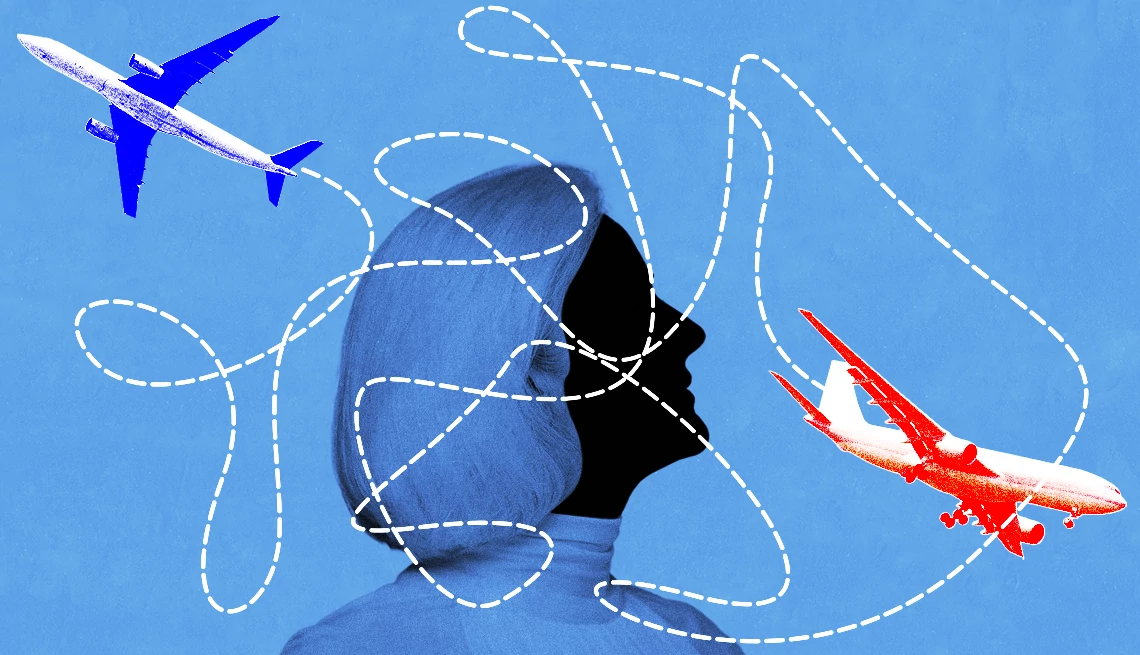AARP Hearing Center


When I moved from America to Britain for college, I expected the experience to be like a sleepaway trip to my grandparents’ house: a bit damp and dusty with age, charming if slightly haunted, the meals somewhat reminiscent of an era of wartime rationing, but on the whole familiar. Like an extension of home, even.
I wasn’t completely wrong. The U.K. has its fair share of rickety old flats, twee country villages, pickled eggs and tinned beans; in other words, everything the movies and the cliches prepare you for. It’s one of the last places you’d expect to feel culture shock as an American, and yet after five years of living here, I still often feel like a bewildered tourist, forgetting which way to look first when crossing the street.
America and Britain are, on the face of it, broadly similar. We speak the same language, for one (though if I dropped you in the center of Glasgow, you’d likely need a translator). We have in common foundational values of liberty, justice and equality and we are the world’s leaders in protecting and promoting these.
Our cultural outputs translate smoothly both ways across the Atlantic: the Brits love Hollywood, Americans love Adele, The Beatles and Queen; they wear Ralph Lauren, we wear Barbour and Burberry. The British respond to American jibes about their boring, beige food by mocking our greasy hamburgers. But fast-food chains such as McDonald’s and KFC are ubiquitous in the U.K.
Our international friendship goes deeper than these shared tastes. Certainly, America’s confidence in crowning ourselves the greatest country in the world chafes the self-effacing Brits, but they’ve been a steadfast ally in our times of need. After the 9/11 terrorist attacks in 2001, a British military band played “The Star-Spangled Banner” during the Changing of the Guard at Buckingham Palace. The crowd waved American flags and wept.
The term coined by Winston Churchill that sums up Britain and America’s cooperation and joint responsibility to be the free world’s watchdogs is more than an international affairs buzzword to me. I’ve come to understand this “special relationship” as something closer to sibling rivalry – reluctantly affectionate, teasing and bitterly competitive.
Churchill, revered on both sides of the Pond, supposedly described the U.K. and U.S. as one people divided by a common language. There is, in fact, a language barrier within our shared native tongue. Americans prefer to speak in a way that’s candid and literal: “trash can” tells you exactly what it is for, as does “sidewalk,” while the British “bin” and “pavement” feel more affected.





























































More From AARP
Ancestry Travel: Take a Trip to Find Your Family
Meet four people who explored their roots and discovered unknown relatives6 Versions of the All-American Classic Burger
One of the country's greatest culinary inventions can be changed up to suit every taste6 Best Big City Neon Signs in America
These striking, colorful novelties became part of our national landscapeRecommended for You